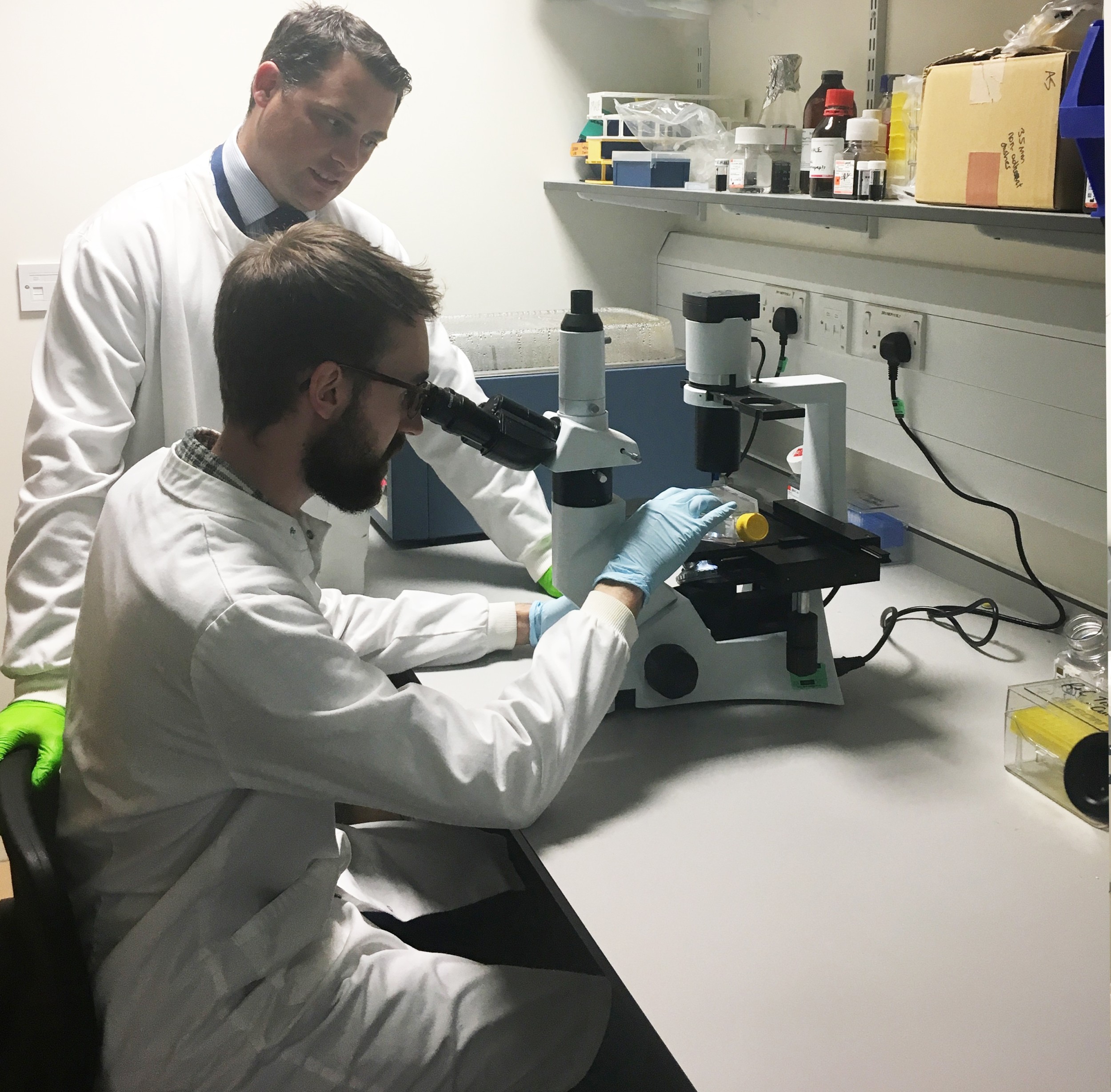
Acid attack victims who lose their sight could benefit from research being carried out at the Royal Free Hospital.
Researchers at the UCL Institute of Immunity and Transplantation, based at the Royal Free Hospital, are looking at how they can improve the success rate of corneal stem cell transplants.
Before the latest spate of acid attacks the most recent figures, which were collected in collaboration with Moorfields Eye Hospital, showed a 100% increase in severe eye burns caused by chemical injuries between 2011 and 2014. The main reason for this increase was due to assaults.
Consultant ophthalmic surgeon Dr Alex Shortt, who is leading the research, funded by the Wellcome Trust, said: “We have seen a significant increase in the number of patients who need a stem cell transplant as a result of an acid attack.
“The effects of acid on the eyes are devastating and can be life changing. For those victims who have extensive damage and need a transplant only 68% will be successful when stem cells are taken from a healthy eye and only 25% will be successful if the cells come from a deceased donor.”
The transplant works by taking a sample of healthy corneal stem cells and growing them in a laboratory to form a sheet which is then attached to the eye. When a transplant is successful a patient could regain their sight within a few weeks of the surgery.
Dr Shortt added: “Although stem cell transplants have been an established technique for many years the success rate isn’t where we want it to be.
“There are several theories why these transplants fail and our research will investigate the different theories to improve the success rate and the outcomes for patients.”
Notes to editors
About the Royal Free London NHS Foundation Trust
The Royal Free began as a pioneering organisation and continues to play a leading role in the care of patients. Our mission is to provide world class expertise and local care. In the 21st century, the Royal Free London continues to lead improvements in healthcare.
The Royal Free London attracts patients from across the country and beyond to its specialist services in liver and kidney transplantation, haemophilia, renal care, HIV, infectious diseases, plastic surgery, immunology, Parkinson's disease, vascular surgery, cardiology, amyloidosis and scleroderma and we are a member of the academic health science partnership UCLPartners.
In July 2014 Barnet Hospital and Chase Farm Hospital became part of the Royal Free London. Read 'A bigger trust, a better future'.
 Translate
Translate